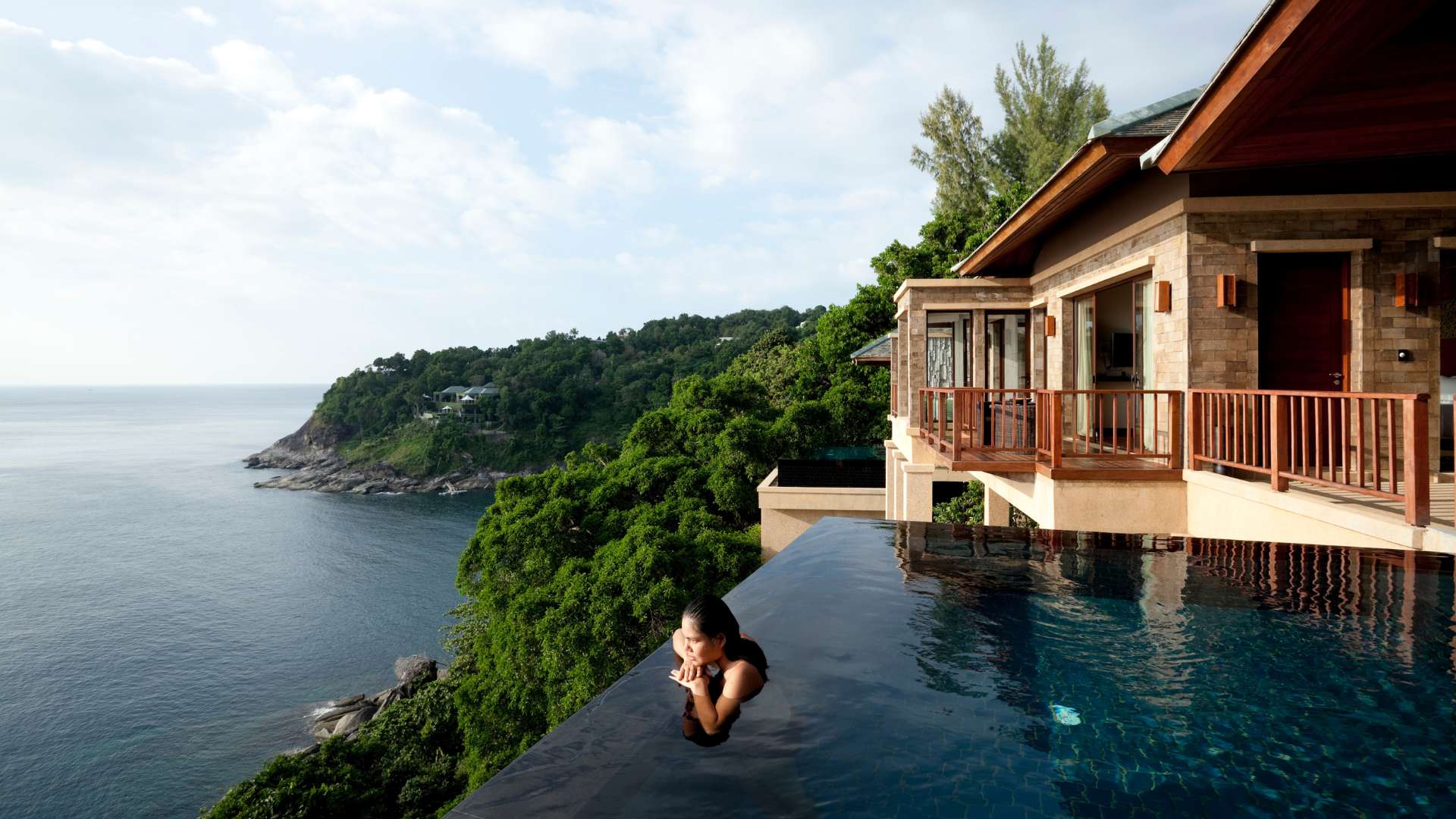Imagine a hotel experience that’s more than just a place to rest your head. A place where every detail, from the decor to the dining, is tailored to your personal style and interests. Welcome to the world of lifestyle hotels, the newest trend in hospitality that’s transforming the way we travel.
These aren’t your typical accommodations. They’re designed to reflect the character of their surroundings, offering a unique, immersive experience that can’t be found in a standard hotel. Whether you’re a seasoned traveler or planning your first getaway, you’ll want to discover what makes lifestyle hotels the ultimate destination.
Lifestyle Hotel
Defining the Lifestyle Hotel Concept
Giving a definitive meaning to “lifestyle hotel” proves to be a challenging task, primarily due to its broad scope. At its core, a lifestyle hotel aims to provide more than just accommodation. This type of establishment reflects a specific lifestyle, often embodying the culture and vibe of its local surroundings. Each lifestyle hotel exudes a unique personality, ensuring that no two properties are the same. Elements such as art installations, locally sourced food and beverage offerings, and themed events offer guests immersive experiences. These features distinguish lifestyle hotels from traditional accommodations.
The Rise of Boutique Accommodations
Boutique accommodations make up a significant portion of the new wave in the hotel industry. Initially, boutique hotels were small establishments, typically with less than 100 rooms. These structures, however, stood out due to their stylish interior design and intimate settings. Over time, the definition of boutique hotels has evolved, and they’ve grown more complex.
Today’s boutique hotels go beyond mere design and aesthetics; they now create individualized guest experiences. Vibrant lobby areas, intimate bars, rooftop terraces, and unique room layouts have become the norm. The focus on locally inspired elements, paired with the goal of delivering unique guest experiences is, in essence, the benchmark of boutique accommodations.
The growth of boutique accommodations correlates with the demand for unique and personal travel experiences. Moreover, the rise of boutique accommodations highlights travelers’ evolving tastes, with an increased emphasis on individuality, style, and uniqueness.
Key Features of Lifestyle Hotels
Uniqueness, individualization, and the incorporation of local cultures turn lifestyle hotels into distinctive accommodations. They blend art, culture, food, and events into their operations, providing robust experiences that go beyond the usual hotel services. Listed below are some of the key features that define lifestyle hotels.
Unique Design Elements
Design reigns supreme in lifestyle hotels. They don’t subscribe to a uniform design profile; instead, every hotel possesses a character distinct to its locale. Architecture can encompass refurbished old structures, adding a nostalgic charm, as in the case of Chicago Athletic Association Hotel housed in a restored Gothic Revival-style building. Alternatively, they can stand as a testament to modern design, like the Andaz Tokyo Toranomon Hills with its sleek minimalism and panoramic views of the Tokyo skyline.
Personalized Services
The hallmark of lifestyle hotels lies in their focused attention on individual needs and preferences. They go the extra mile in tailoring the guest experience, right from room preferences to curated local experiences. For instance, at the W Aspen, skiing enthusiasts can leverage their mountain services that customize skiing or snowboarding experience. This focus on personalization elevates the guest experience from ordinary to memorable, setting lifestyle hotels apart.
The Location Factor in Lifestyle Hotels
Lifestyle hotels have carved a niche for themselves in the hospitality sector. They’ve redefined the concept of travel and lodging by offering more than just a place to rest. They’re about immersing oneself into a unique experience, a distinctive culture, and a specific lifestyle. It’s the location that often plays a crucial role in shaping these experiences.
These hotels have successfully tapped into the desires of millennials and Gen Z, who crave authentic, personalized experiences. They’ve mastered the art of integrating advanced technology into their services, making the booking process as seamless as possible.
In essence, lifestyle hotels have transformed the hospitality industry by prioritizing guest-specific experiences over standard accommodations. They’re not just hotels – they’re a lifestyle choice that promises a memorable, immersive travel experience.
